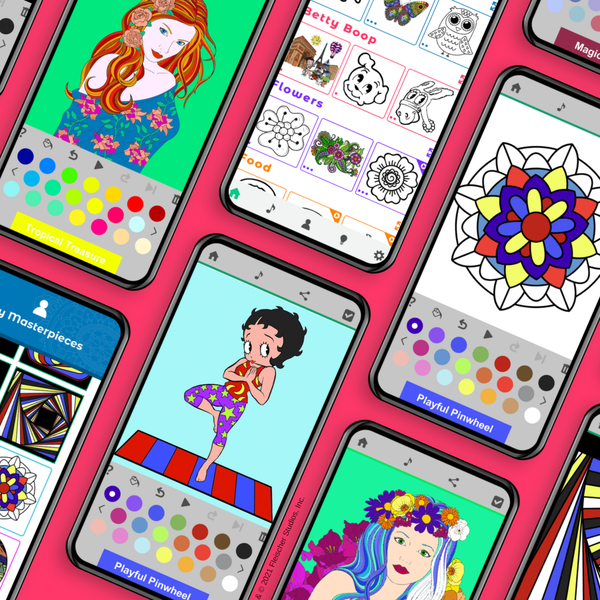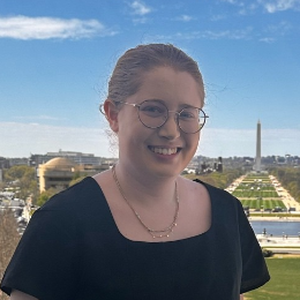
Color Surprise App Social Promo Graphic
Promotional graphic to be used alongside social posts on various platforms to advertise coloring app

With a diverse background spanning digital communication, strategic storytelling, and creative innovation, I specialize in crafting engaging content and furthering knowledge across various fields. My experience ranges from political policymaking and nonprofit advocacy to social media management for startups and public figures. I thrive on applying my skills in unique and unexpected ways, continually seeking new challenges and having fun along the way.

My inbox is always open, you can contact me with the contact form here